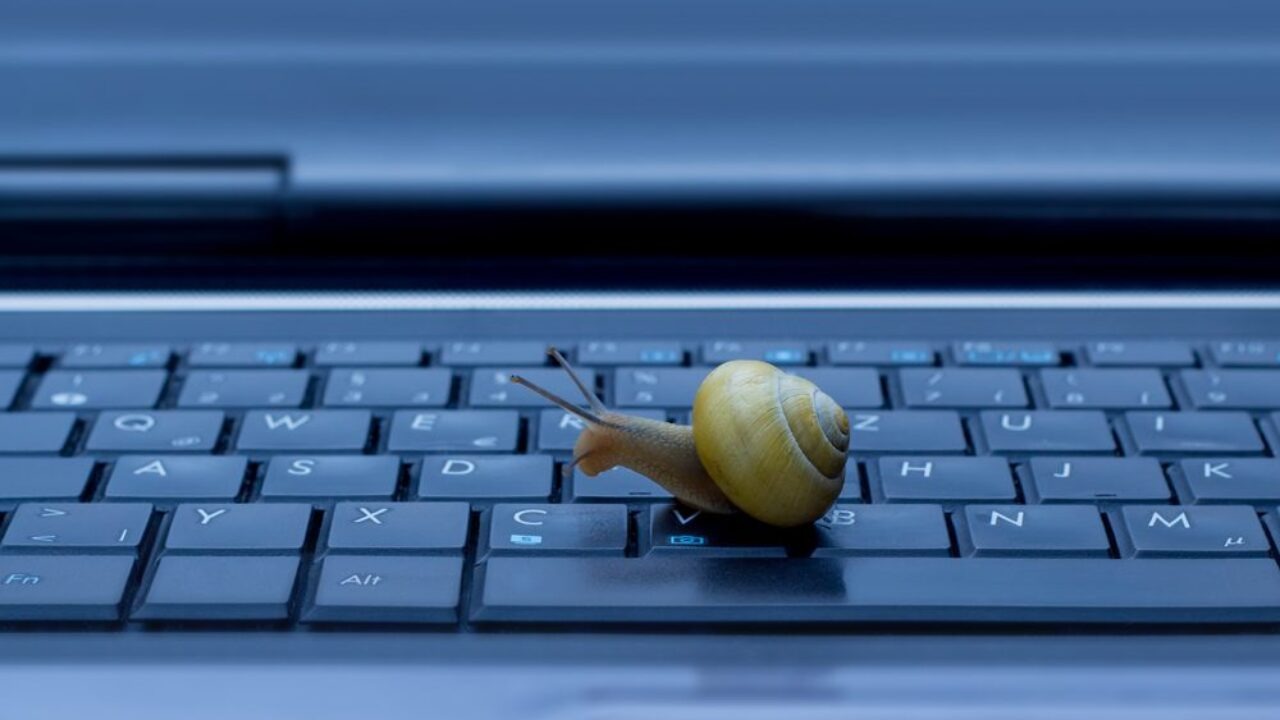Why Your Computer is Running Slow and How to Speed It Up
Introduction
Is your computer taking ages to boot up or open your favorite programs? A slow computer is incredibly frustrating, but the good news is that you don’t always need to replace it. There are several reasons why your computer might be dragging its feet, and we’ll walk you through the simple fixes that can help speed it up!
1. Too Many Startup Programs
When you turn on your computer, some programs automatically start running in the background, gobbling up your system’s resources. Over time, these can slow things down.
How to Fix It:
• Press Ctrl + Shift + Esc to open Task Manager.
• Go to the Startup tab and disable any programs you don’t need right away.
2. Not Enough Storage Space
If your hard drive is almost full, your computer struggles to run smoothly. It needs some free space for temporary files and virtual memory.
How to Fix It:
• Open This PC and check your drive’s available space.
• Delete or move files you don’t need.
• You might want to upgrade to a bigger drive or use an external one for extra storage.
3. Outdated Software and Drivers
Running old software or drivers can cause compatibility issues and slow your system down.
How to Fix It:
• Make sure your operating system is up-to-date to keep everything secure and running efficiently.
• Check for updates for your graphics card, motherboard, and other hardware drivers.
4. Too Many Background Processes
Some apps keep running in the background, using up CPU and memory, even if you’re not actively using them.
How to Fix It:
• Open Task Manager and go to the Processes tab to see which programs are eating up resources.
• End unnecessary tasks, but be careful not to close essential system processes.
5. Fragmented Hard Drive (HDD Only)
If you're using an older HDD, fragmentation can slow down file access. Files get scattered, making it harder for your system to find them quickly.
How to Fix It:
• Use the Disk Defragmenter tool (search for "Defragment and Optimize Drives" in Windows).
• If possible, consider upgrading to an SSD for faster access.
6. Malware or Viruses
Malware and viruses can drag your system down by using up resources and corrupting files.
How to Fix It:
• Run a full system scan with trusted antivirus software.
• Keep your antivirus updated to protect against the latest threats.
7. Insufficient RAM
Running too many applications at once can overwhelm your system if it doesn’t have enough RAM, causing it to slow down or freeze.
How to Fix It:
• Close unnecessary applications to free up memory.
• If you’re still having issues, adding more RAM could give your system a nice boost.
8. Outdated Hardware
Sometimes, the root of the problem is your computer’s hardware. Old processors, low RAM, and outdated hard drives can all be major bottlenecks.
How to Fix It:
• If your system is getting up there in age, consider upgrading components like your CPU, adding more RAM, or switching to an SSD.
• In some cases, a full system upgrade might be the best option.
Slow computer fix, How to speed up computer, Improve computer performance, Fix slow laptop, Speed up Windows PC, Computer running slow solutions, Common causes of slow computer.
Conclusion
By addressing these common causes of slow computer performance, you can significantly speed up your system and enjoy a smoother computing experience. Whether you’re cleaning up your hard drive, updating drivers, or upgrading hardware, there are plenty of ways to breathe new life into your computer.
Remember, regular maintenance and being mindful of your system’s health are key to keeping it running at its best. If you're not comfortable doing these fixes yourself, don't hesitate to seek help from a professional.


Comments
No comments yet.
Leave a Comment